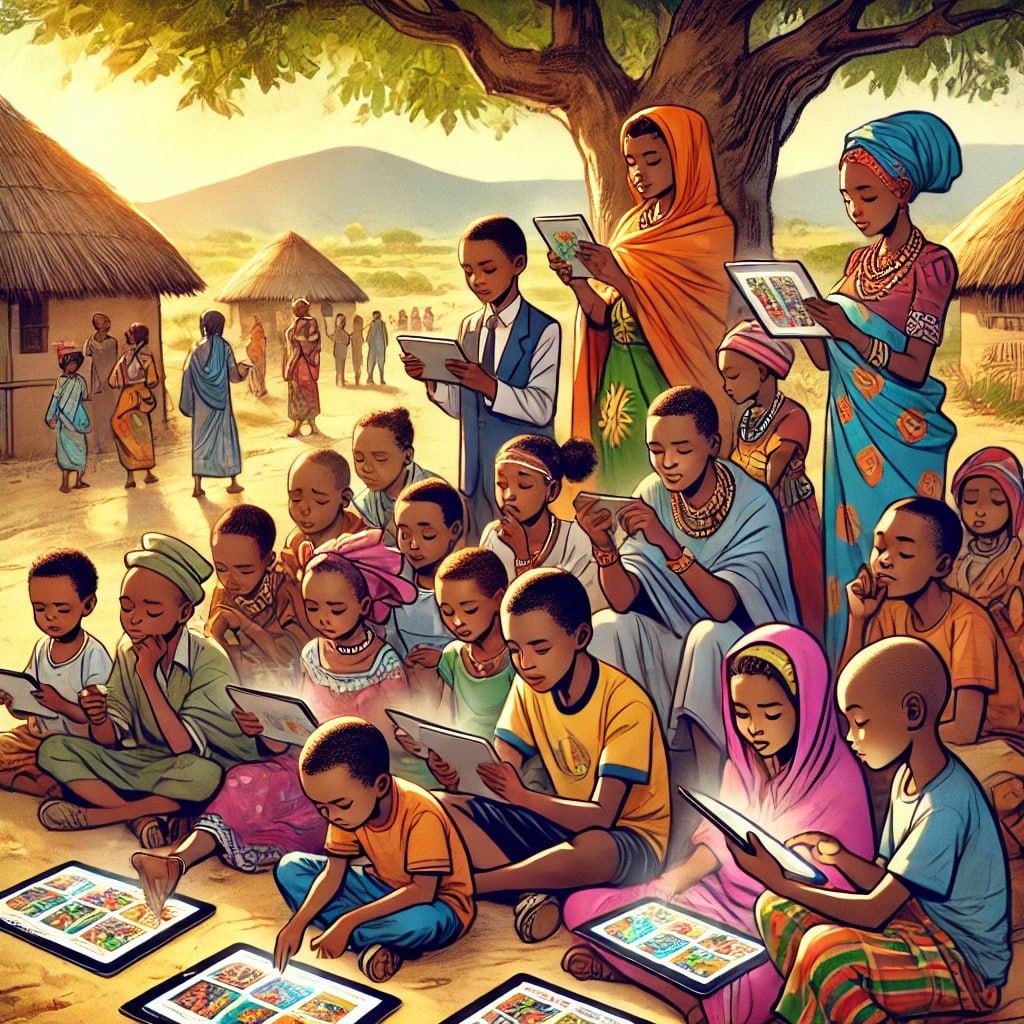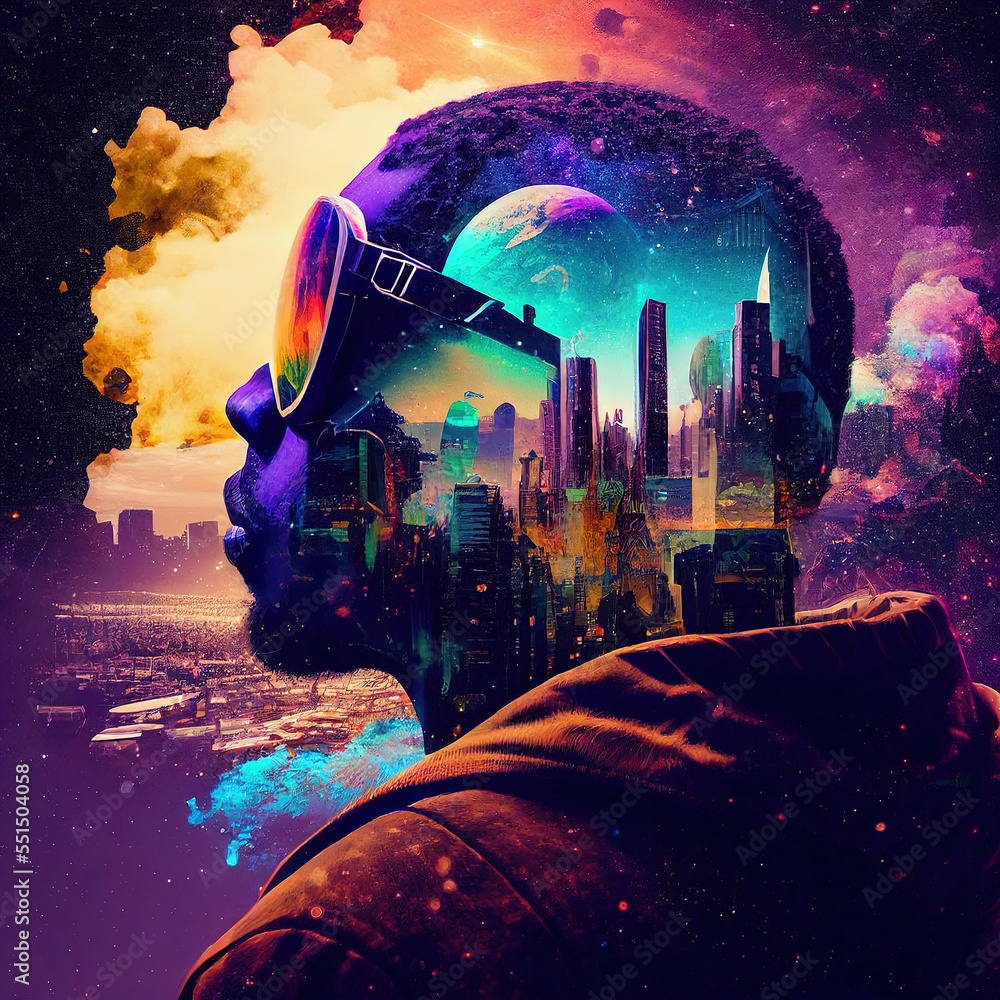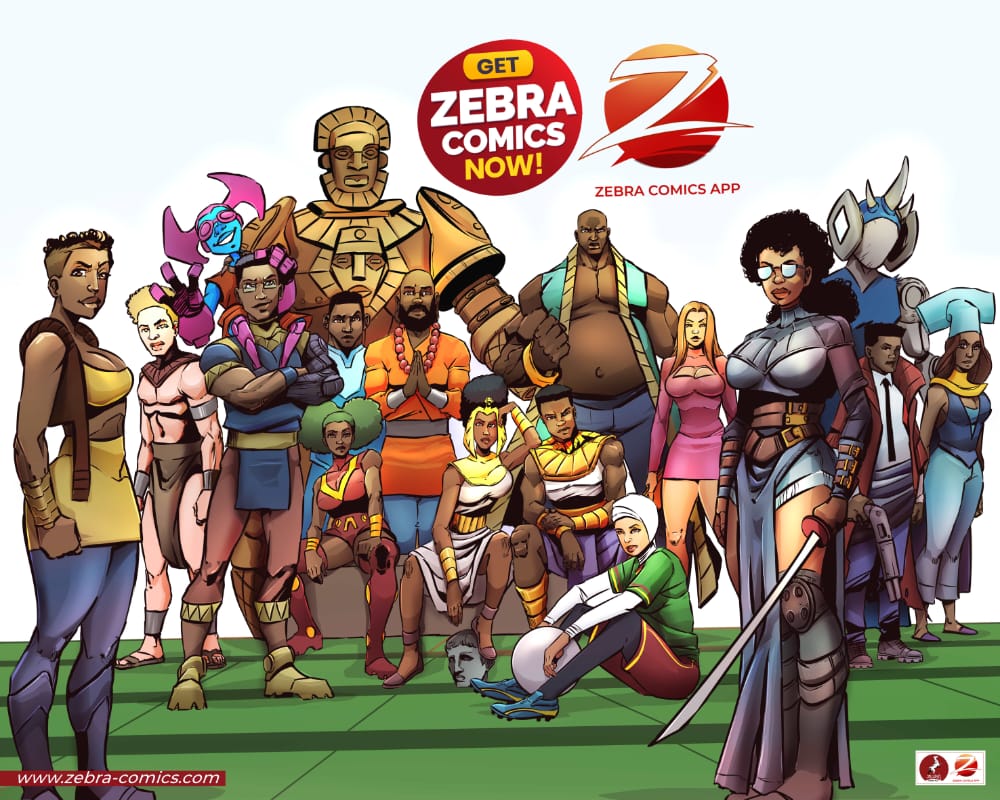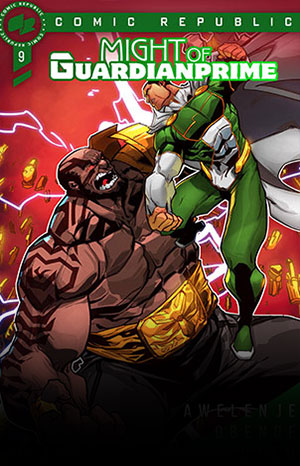Webtoons, with their visually dynamic and easily consumable format, are rapidly gaining traction globally, including in Africa. Yet, despite their growing popularity and potential, webtoons in many African communities remain stigmatized as “childish” or “juvenile.” This perception hinders the medium’s full acceptance as a legitimate form of artistic and cultural expression. However, with a deeper understanding of their significance and strategic steps toward changing societal attitudes, webtoons can emerge as a respected medium for all audiences.
Why Are Webtoons Perceived as Juvenile Entertainment?
1. Historical Associations with Comics
Webtoons are a digital evolution of traditional comics, which have long been perceived as children’s entertainment. For decades, African audiences were exposed to comics primarily in the form of simplistic, humor-driven stories or serialized superhero adventures, such as The Adventures of Tintin or Supa Strikas. This has ingrained the belief that comics, and by extension webtoons, are exclusively for young readers.
2. Limited Exposure to Diverse Storylines
While platforms like Webtoon and African startups like Zebra Comics offer a wide variety of genres—from romance and drama to horror and political satire—many African audiences remain unaware of this diversity. Webtoons like Strike Guard, a Nigerian superhero story, or Anaki, which addresses genocide in Africa, showcase mature themes. However, the lack of widespread visibility for such stories means many still equate webtoons with the lighthearted tales of their youth.
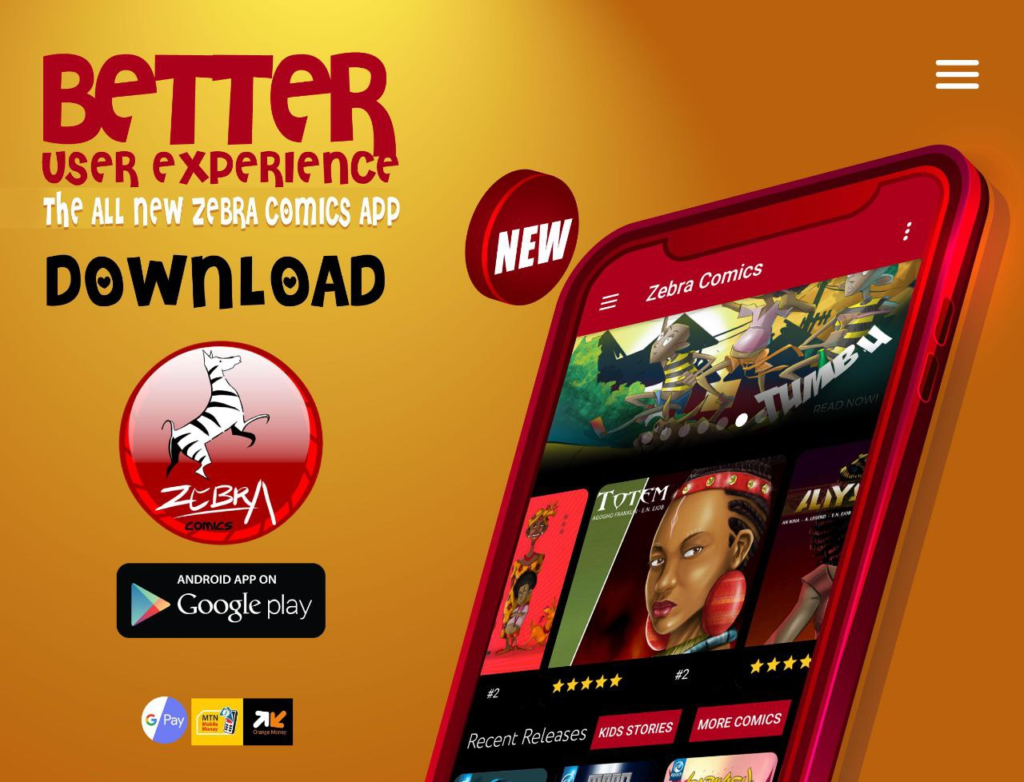
3. Cultural Expectations
In some African societies, adulthood is often associated with “serious” pursuits like career-building or family responsibilities. Recreational activities like gaming, animation, and reading webtoons are sometimes dismissed as unproductive or immature. This cultural mindset creates barriers for adults to engage openly with webtoons, reinforcing their association with younger audiences.
4. Lack of Industry Recognition
In regions where the creative arts are undervalued compared to more traditional professions, webtoons face additional challenges. Without institutional support or widespread recognition of their artistic and narrative depth, webtoons are often overlooked as a legitimate cultural medium.
Why Webtoons Deserve to Be Seen in a Better Light
1. A Platform for Important Stories
Webtoons are not limited to entertainment; they serve as a powerful tool for storytelling and social commentary. African creators are increasingly using this medium to address critical issues. For instance, Retrograde, an Afrocentric dystopian series, explores identity and heritage, while Cancelled showcases futuristic narratives grounded in African traditions. These stories have the potential to educate, inspire, and spark meaningful conversations.
2. Fostering Cultural Identity
Webtoons provide a unique platform for celebrating Africa’s diverse cultures and histories. They blend traditional folklore with modern aesthetics, creating relatable and engaging content for contemporary audiences. This cultural preservation and innovation highlight the relevance of webtoons as a medium for all ages.
3. Bridging the Generation Gap
Unlike traditional comics, webtoons are designed for mobile consumption, making them accessible to both younger and older generations. They can act as a bridge, offering stories that appeal across age groups. For example, a parent might enjoy a webtoon about family life, while a teenager explores fantasy worlds.
4. Economic and Artistic Value
The global success of webtoons like Solo Leveling and their adaptations into animations and merchandise demonstrate the economic potential of the medium. African creators, through platforms like Zebra Comics, can tap into similar opportunities. Recognizing webtoons as a serious industry could create jobs, foster talent, and boost local economies.
Changing the Perception of Webtoons in Africa
1. Promote Mature Themes
To challenge the notion that webtoons are only for children, creators should focus on producing stories with complex narratives and mature themes. Topics like politics, mental health, and African history resonate with adult audiences and demonstrate the medium’s versatility.
2. Showcase Local Success Stories
Highlighting successful African comics and webtoon creators can inspire audiences to take the medium more seriously. Platforms like Kugali Media, which gained international attention for its Disney+ collaboration on Iwájú, show that African stories have global appeal. Sharing these success stories can elevate the perception of webtoons as a legitimate art form.
3. Engage Educational Institutions
Schools and universities can play a crucial role in changing perceptions by incorporating webtoons into their curricula. For instance, webtoons addressing African history, environmental issues, or social justice could be used as teaching tools. This would introduce students to the medium’s educational potential and foster a lifelong appreciation.
4. Leverage Influencers and Mainstream Media
Collaboration with celebrities and influencers can bring webtoons into mainstream consciousness. A well-known African actor or musician promoting a webtoon can generate buzz and attract a wider audience. Additionally, coverage in newspapers, TV, and radio can legitimize webtoons in the eyes of skeptics.
5. Invest in Marketing and Accessibility
Platforms like Zebra Comics are already working hard by investing in marketing. Expanding such initiatives can increase reach. Effective marketing campaigns, showcasing the depth and variety of webtoon content, can also shift public perception.
6. Encourage Cross-Media Adaptations
The success of adaptations like Iyanu: Child of Wonder, a Nigerian comic turned animated series, illustrates the potential of cross-media storytelling. By creating animated films, TV shows, or even video games based on webtoons, creators can demonstrate the medium’s broad appeal and legitimacy.
Conclusion
While webtoons in Africa still struggle with the perception of being juvenile entertainment, they possess immense untapped potential to transform the continent’s creative landscape. By addressing stereotypes, promoting diverse content, and building awareness, creators and platforms can elevate webtoons into a respected art form.
Webtoons are more than just a source of entertainment—they are a canvas for cultural expression, education, and economic growth. As Africa embraces its digital future, webtoons have a critical role to play in redefining storytelling for all ages. The time has come to recognize webtoons not as “childish comics” but as a dynamic medium capable of shaping the continent’s narrative on the global stage.

